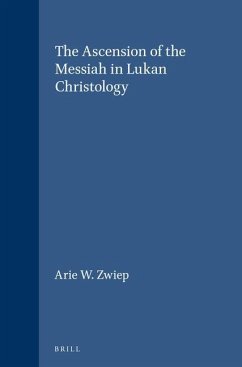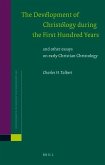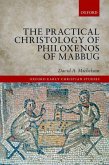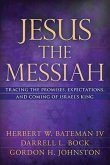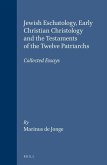Building on the form-critical assessment of the Lukan ascension story (LK 24:50-53; Acts 1:1-12) as a rapture story, and motivated by the consideration that the 'monotheistic principle' almost inevitably must have led to a reestimate of the meaning and function of rapture in comparison with heathen rapture stories (immortalisation and deification!), the present study seeks to investigate the Lukan ascension story in the light of the first-century Jewish rapture traditions (Enoch, Elijah, Moses, Baruch, Ezra, etc.). The author argues that first-century Judaism provides a more plausible horizon of understanding for the ascension story than the Graeco-Roman rapture tradition, and that Luke develops his 'rapture christology' not as a reinterpretation of the primitive exaltation kerygma (G. Lohfink), but as a response to the eschatological question, i.e. the delay of the parousia, so as to secure the unity of salvation history.
Hinweis: Dieser Artikel kann nur an eine deutsche Lieferadresse ausgeliefert werden.
Hinweis: Dieser Artikel kann nur an eine deutsche Lieferadresse ausgeliefert werden.

